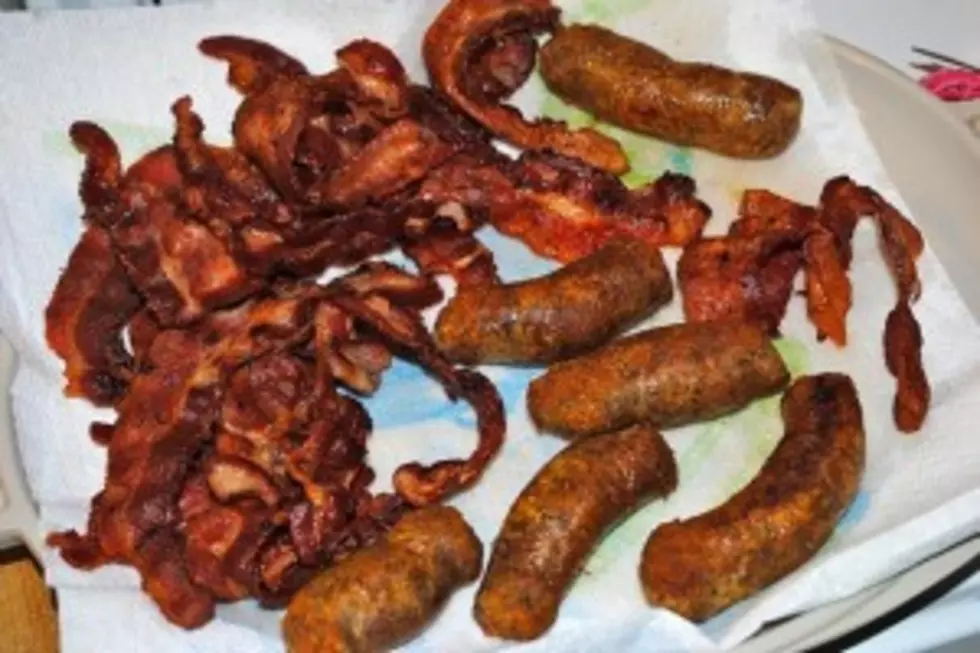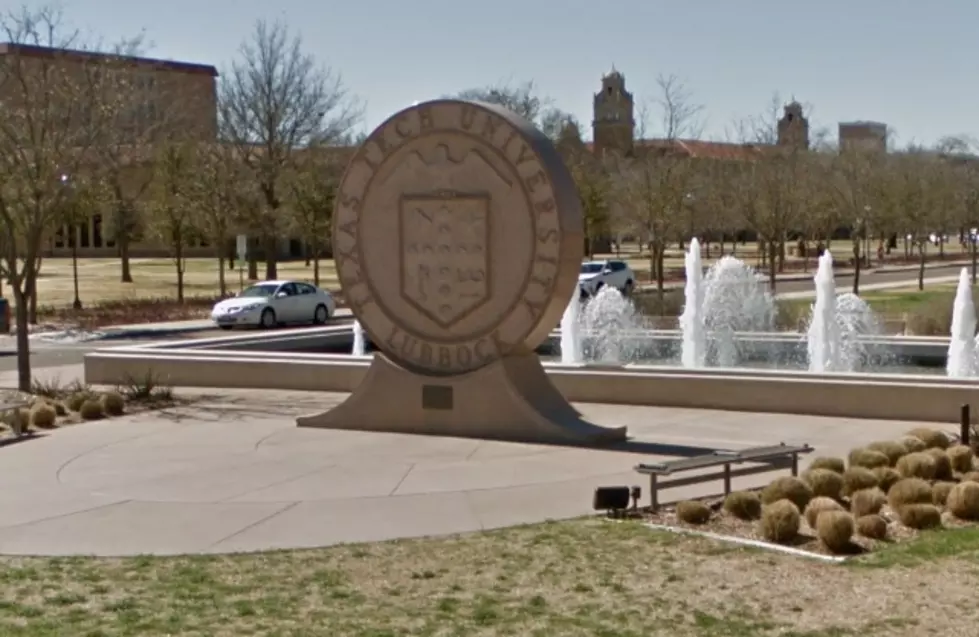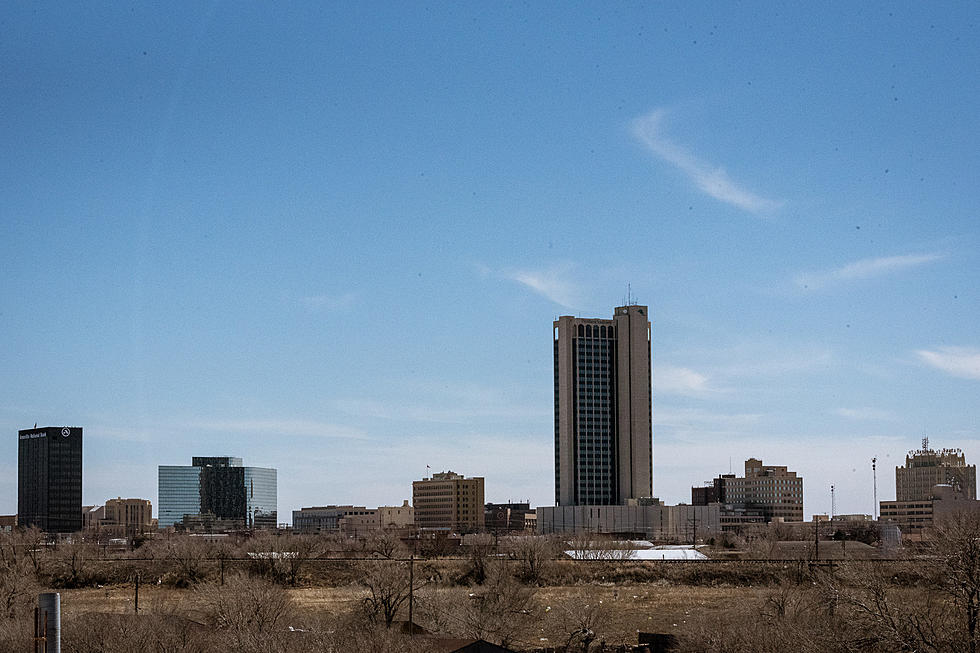
College Causes Controversy By Banning Pork — Why’d They Do It?
If you’re a student who’s investigating colleges and you’re also a big fan of bacon and sausage, you can go ahead and mark Paul Quinn College off your list — the school has just banned all pork products from its campus.
“When you come to college, you come to be educated,” said Michael J. Sorrell, president of the Texas school. “We thought we could do more in the area of promoting healthy lifestyle choices and healthy eating habits.”
It’s Sorrell’s latest move to steer his mostly black student body toward a healthier lifestyle — he’s already cut back on how much fast food is available on campus, added more salads to the menu and, when the football program was cut, turned the field into an organic vegetable garden.
He says before his arrival five years ago, the cafeteria menu at Paul Quinn was much like other colleges with low-income minority students. “There was a proliferation of ranch dressing on everything,” he said. “It just was typical choices that you would see made by folks who weren’t creative enough to manage the economic constraints with the need to create healthy options.”
Students seem fine with the pork ban, but as you can imagine, the National Pork Board is not. A spokeswoman pointed out the fat in pork tenderloin is similar to that in chicken, and added, “You can cook any meat incorrectly and add fat and salt.”
More From Mix 94.1









